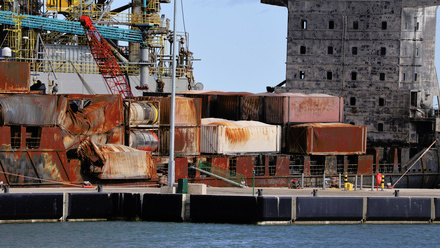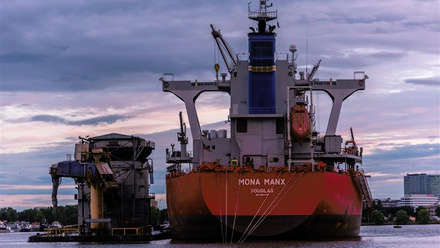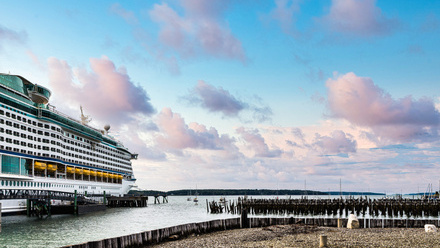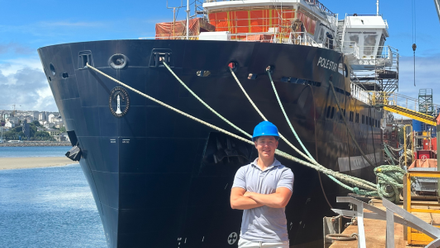Chinese maritime industry faces ‘talent supply imbalance’
Professor Wang Yuhong on China’s developing opportunities and IMarEST’s support for the hugely influential region.
In your opinion, what are some of the biggest maritime challenges China is facing and why?
Sustainable oceans are a shared global concern, but China faces uniquely complex challenges.
China's maritime industry, expanding rapidly, faces a talent supply imbalance that conflicts with its ‘Strong Maritime Nation’ strategy. Unlike traditional maritime nations, China struggles with a shortage of professionals to meet its ambitions, creating a critical bottleneck in industrial growth.
Secondly, the ‘scale effect’ challenges industrial transformation in China's maritime industry due to its vast size, causing delay to change and complicating green and smart transformations. Implementing new technologies or strategies needs comprehensive adjustments, making the transformation more complex than in other countries.
Moreover, actively engaging in global maritime governance presents another significant challenge for China. As one of the world’s leading players in the blue economy, China’s policies carry substantial international impact. To tackle this issue, China can consider shifting from a management strategy that is inward-looking to a governance model that integrates both domestic and international aspects, moving from simply adhering to existing rules to playing an active role in establishing global standards.
Why did you decide to act as representative for IMarEST’s activities in China?
I am a firm believer in the global marine professional community's power. In the maritime field, innovation arises where disciplines and borders intersect, and IMarEST offers an international platform for industry, academia, and regulators to collaborate. Like over 13,500 members worldwide, I have benefited from its resources and initiatives and aim to extend this value to more colleagues in China.
At the same time, challenges like climate change and shipping decarbonisation require global cooperation. My role helps China contribute and learn from global insights.
Ultimately, this work extends my role as an educator, preparing the next generation for a global, green, and digital future, shaping the industry ecosystem for their success, and building a safer, sustainable maritime world.
What do you hope a Representative Office of IMarEST will bring to China?
The IMarEST China Representative Office serves as a strategic hub linking China with the global maritime community, delivering value across four key dimensions:
- Building a bridge for marine knowledge: IMarEST will introduce marine knowledge, technical standards, and global best practices to China via localised workshops, technical lectures, facilitating China's maritime integration with global research, policy, and engineering networks.
- Promoting marine professionals’ cultivation: we will connect universities with IMarEST's global resources to help Chinese [faculties], engineers and technical staff improve their international skills, career prospects, and mobility through recognised professional registration systems.
- Driving industrial innovation and collaboration: combining China's dominant role in the global economy and IMarEST's global network, we will enable collaboration between domestic and international companies and research bodies in green shipping, decarbonisation, and so on, addressing key industry challenges.
- Empowering China in global maritime governance: we will support Chinese experts and institutions in international standards development, with a mutual exchange of ideas of China's best practices in green shipping and smart vessels to enhance global visibility and influence, shaping maritime governance.
What are some of the Office’s priorities for the first year of operation?
The Representative Office's first year will focus on establishing foundations, building trust, and demonstrating impact through those priorities.
The success of IMarEST in China isn’t just about what happens locally though. It also depends on our global members. Their expertise, advice, and connections help empower professionals and ensure China’s maritime community stays fully connected with the wider world.
Tell us what you think about this article by joining the discussion on IMarEST Connect.
Image: Ningbo-Zhoushan Port at dusk, China. Credit: Shutterstock.





